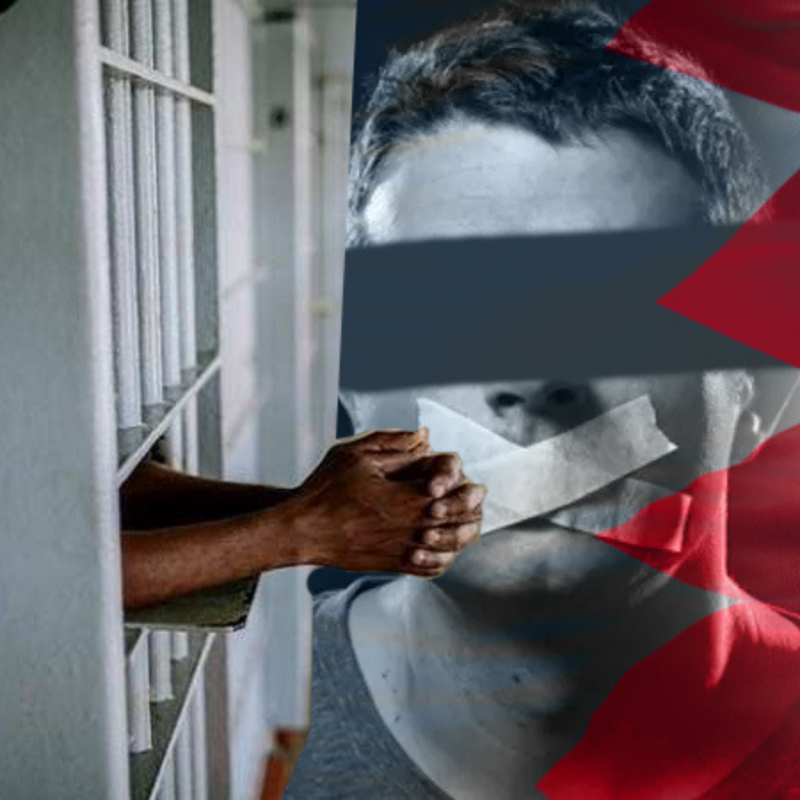The number of executions for drug crimes in Saudi Arabia is reaching staggering numbers. Since the beginning of 2025, at least 111 individuals have been sentenced to death in Saudi Arabia, and 68 of these were executed for drug-related crimes. As well as causing concern, these recent developments demonstrate how Saudi Arabia continues to renege[…]
From the roar of Formula 1 engines to the elegance of international tennis, Saudi Arabia has been pouring billions into sports—not just for the love of the game, but to rebrand its image. This isn’t about athletic excellence. It’s about sportswashing: using high-profile events to distract from a long and painful record of repression. Whether[…]
The United Arab Emirates’ (UAE) 2014 Counterterrorism Law has functioned as a weapon for political repression. With its vague definitions, the law enables authorities to equate peaceful criticism with terrorism, imposing harsh sentences, including life imprisonment and the death penalty, often without credible evidence. In recent years, this repression has expanded beyond outspoken critics to[…]
Between December 2024 and February 2025, Saudi Arabia released about 44 prisoners. Many of these are human rights activists or people arrested in the wake of restrictions on the right to expression in the country. As much as this event may seem a step forward for Saudi Arabia, another aspect must be considered – many[…]
The Bahraini government promotes its human rights record through formal steps taken from time to time. These efforts often aim to cover up its violations and present an incomplete picture of the human rights situation in the country. Since the start of the popular demand movement in 2011, there has been no real reform. However,[…]
- 1
- 2









